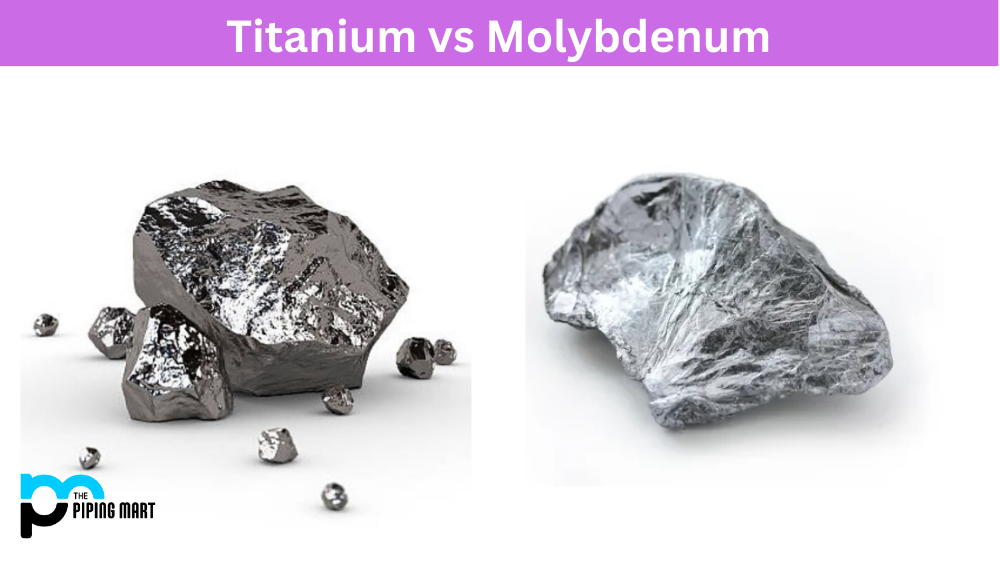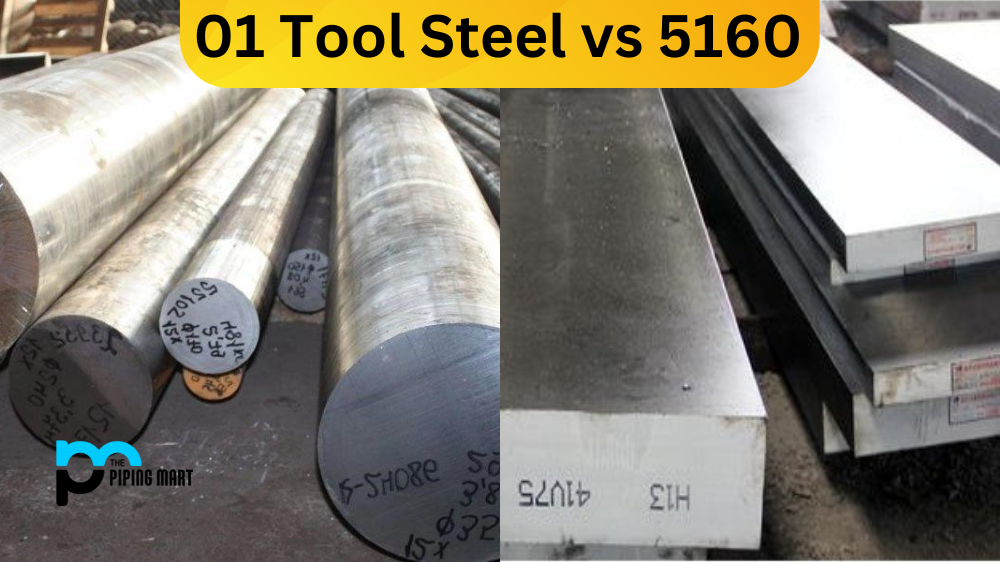When it comes to choosing a suitable metal for your project, there are a lot of factors to consider. The most significant decision you’ll make is selecting the right material. And in engineering, two of the most popular metals are titanium and Molybdenum. Both are versatile, durable and offer unique properties that make them ideal for different applications. In this blog post, we’ll closely examine and compare these two metals.
What is Titanium?
Titanium is an incredibly versatile, lightweight, strong metal with many uses. Its strength-to-weight ratio makes it perfect for applications that require high and low strength, such as aerospace components and medical implants. Titanium’s corrosion resistance also makes it ideal for applications in marine environments or chemical processing facilities. Titanium is an excellent engineering material due to its strength, lightweight and non-toxicity combination.
What is Molybdenum?
Molybdenum is an essential mineral found in food and supplements. It helps the body produce energy, break down fats and proteins, form red blood cells, and protect against cell damage. Increasing molybdenum intake may improve athletic performance, boost fertility and sexual health, reduce inflammation, and lower heart disease risk.
Differences between Titanium and Molybdenum
Composition and Properties
Titanium is a chemical element with the symbol Ti and atomic number 22. It is a lightweight, robust, and corrosion-resistant metal commonly used in aerospace, medical, and industrial applications. Titanium has a unique property that makes it biocompatible, meaning it can be used safely in the human body without causing an adverse reaction.
On the other hand, Molybdenum is a chemical element with the symbol Mo and atomic number 42. It is a refractory metal, meaning it has a high melting point and is resistant to corrosion and wear. Molybdenum is commonly used in the manufacturing of steel alloys and has a range of other industrial uses.
Strength and Density
Regarding strength, titanium is one of the strongest metals known to man. It has a high strength-to-weight ratio and is around 45% lighter than steel, making it an ideal choice for aerospace and medical applications. On the other hand, Molybdenum is slightly denser and not as strong as titanium but still has a high melting point and is incredibly durable.
Corrosion Resistance
Both titanium and Molybdenum are highly resistant to corrosion. However, titanium is more corrosion-resistant than Molybdenum, particularly in seawater and other harsh environments. This makes titanium a popular choice for marine and offshore applications, medical implants and dental implants.
Cost
Regarding cost, titanium is generally more expensive than Molybdenum due to its higher production costs and more complex manufacturing process. However, the price of both metals can vary depending on the application, size, and quantity required.
Applications
Titanium has many applications, including aerospace and aviation, medical devices, chemical processing, and sports equipment. Molybdenum is used to manufacture steel alloys, electrical contacts, filaments, and industrial machinery.
Other Differences
-
- Titanium is a more robust metal than Molybdenum.
- Titanium is more resistant to corrosion than Molybdenum.
- Titanium has a higher melting point than Molybdenum.
- Titanium is more expensive than Molybdenum.
- Molybdenum is more electrically conductive than titanium.
- Molybdenum has a lower thermal expansion coefficient than titanium.
- Molybdenum is more resistant to wear and tear than titanium.
- Molybdenum is more accessible to machines than titanium
Conclusion:
Both titanium and Molybdenum are excellent choices for a wide range of applications, but choosing the suitable material depends on your needs and requirements. Titanium is generally a better choice for highly-strength and corrosion-resistant applications. At the same time, Molybdenum is better suited for applications where high-temperature resistance and high melting points are necessary. Ultimately, the decision between titanium vs Molybdenum will depend on your project’s unique parameters, and it’s essential to consult an expert to determine which material is best suited for your application.

Meet Bhavesh, a seasoned blogger with a wealth of knowledge and experience. From metal products manufacturing to retail, Bhavesh has a diverse background in various industries and is dedicated to sharing his insights and expertise with readers.




